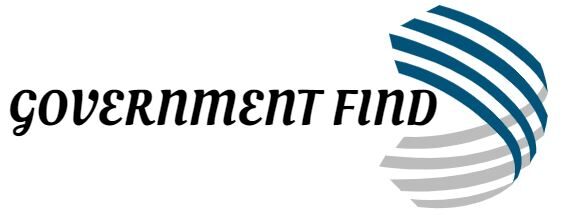
Hello there, fellow government enthusiasts! You’ve probably stumbled upon my blog before, but in case you haven’t, I’m Jack—a passionate advocate for all things related to government initiatives and services. Today, I’m excited to dive into the emerging concept of Data Governance as a Service.
The Importance of Data Governance
Data governance is crucial in today’s digital age, especially within the realm of government services. It involves the overall management of the availability, usability, integrity, and security of the data used in an enterprise. As a staunch supporter of efficient and transparent government operations, I firmly believe that implementing data governance practices can lead to improved decision-making, increased accountability, and enhanced citizen satisfaction.
Data Governance Best Practices
When it comes to devising effective data governance strategies, it’s essential to encompass a range of best practices. This includes establishing clear data ownership, defining data quality standards, implementing robust security measures, and ensuring compliance with relevant regulations. By adhering to these best practices, government agencies can instill trust and confidence in the data they handle, ultimately benefiting both internal operations and public services.
The Rise of Data Governance as a Service
Now, let’s explore the concept of Data Governance as a Service (DGaaS). DGaaS offers government entities the opportunity to leverage external expertise and resources to enhance their data governance capabilities. By partnering with specialized service providers, government agencies can access advanced data management tools, expert guidance, and ongoing support, all while reducing the burden on internal resources. This innovative approach holds great potential in modernizing government data practices and establishing a culture of continuous improvement.
Share Your Thoughts
What are your thoughts on the concept of Data Governance as a Service? Do you believe it could revolutionize the way government agencies handle data management? Feel free to share your insights and opinions in the comments section below. I’m eager to learn from your perspectives and engage in a meaningful exchange of ideas.
As always, I encourage you to leave a comment if you have any questions or suggestions for future topics. Your input is incredibly valuable, and I look forward to continuing our discussions on all things related to government and public services. Until next time!
